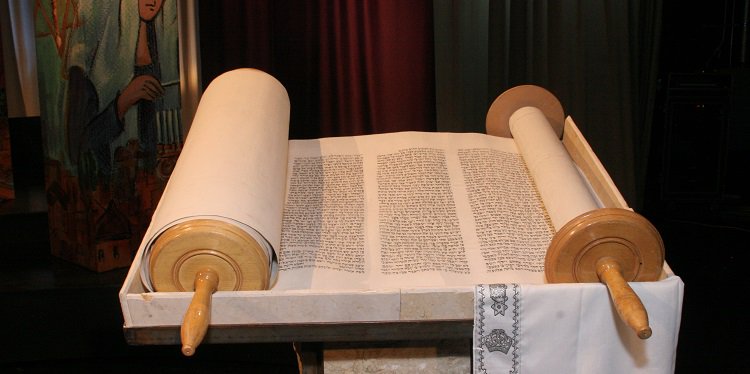The Responsibility of Freedom
The Fellowship | June 9, 2019

“Count off fifty days up to the day after the seventh Sabbath, and then present an offering of new grain to the LORD.”—Leviticus 23:16
Beginning at sundown on June 8 through sundown June 10, Jews around the world will celebrate the biblically mandated festival, Shavuot, which Christians will know by its Greek name, Pentecost. Originally tied to the harvest season and the bringing of the firstfruits to the Temple, the holiday now commemorates the giving of the Torah and the Law exactly 50 days after the Exodus. Enjoy these timeless teachings from Rabbi Yechiel Eckstein on the many lessons this ancient observance has for Christians today.
Test your knowledge on Shavuot with our newest quiz!
In Leviticus chapter 23, God gave His children, Israel, laws regarding the Jewish festivals and observances which were to order their year. The chapter begins: “Speak to the Israelites and say to them: ‘These are my appointed festivals . . . which you are to proclaim as sacred assemblies’” (v.2). The chapter than goes on to give the dates and protocols for each of the Jewish holidays — with one exception.
Every holiday is given a date except for Shavuot, The Festival of Weeks. Passover is the 15th day of Nissan (23:6); Rosh Hashanah is the 1st day of Tishrei (23:24); Yom Kippur is the 10th day of Tishrei (23:27), and Sukkot is on the 15th day of Tishrei (23:34). Yet, when it comes to Shavuot, we are not given a date. Instead, it is designated as the 50th day after the first day of Passover.
Passover is the holiday that celebrates the Exodus from Egypt. Shavuot commemorates the giving of the Torah, God’s Word, to humanity. God wants us to know that the two holidays are intrinsically connected. Shavuot is essentially an extension of Passover — Shavuot would not have been possible without Passover, and Passover would be incomplete without Shavuot.
When Moses asked Pharaoh to let the children of Israel go, he said: “We will go with our young and our old, with our sons and our daughters, and with our flocks and herds, because we are to celebrate a festival to the LORD” (Exodus 10:9). The festival that Moses is referring to is Shavuot, the giving of the Torah. The plan all along wasn’t just to free the children of Israel; it was to make them servants of God. The goal wasn’t just to leave Egypt; it was to receive God’s Word and enter the Promised Land.
God didn’t free the children of Israel so that they could relax poolside and drink ice tea for the rest of their lives. God set them free so that they could fulfill their mission – to become a “light to the nations” (Isaiah 51:4). Freedom is the right and privilege of every human being on earth, but we must also understand that it comes with responsibility.
Today, with all of our time-saving technology and relative wealth, we are more “free” than ever before. But what are we doing with all of this freedom? What are we doing with the time and abilities that modern-day living has afforded us? Like the children of Israel, we have a responsibility to use our freedom appropriately. That means using our means and our energy in order to serve God and contribute to His purposes.
Just as Shavuot follows Passover, so must we celebrate our gifts by giving back to God.
Find out how much you know about Shavuot, and take our quiz today.
